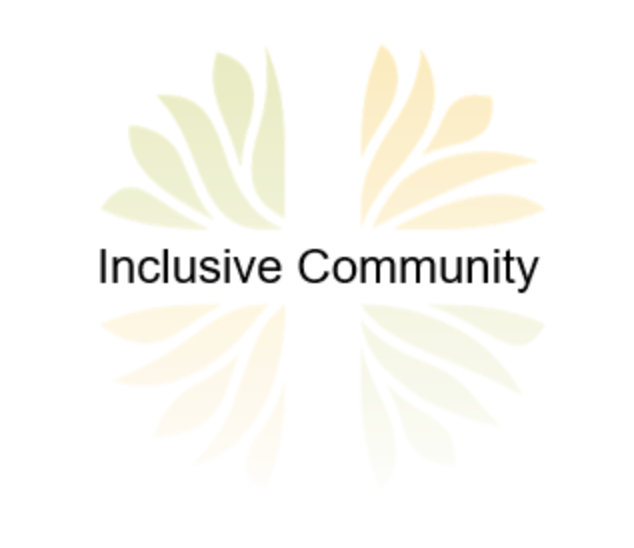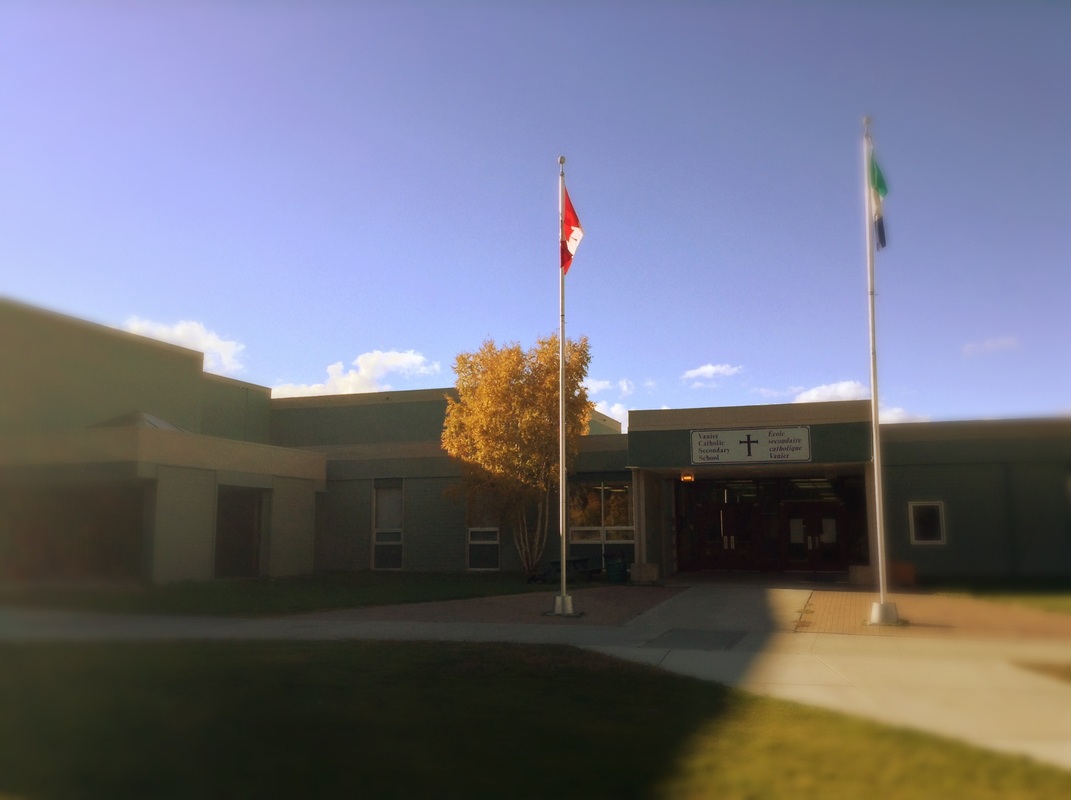|
January 27th, 2020
Dear Vanier families and friends, Semester 2 is well under way and students seem to have settled into their new class routines. Semester 1 report cards will be mailed this week – please contact teachers directly if you have any questions or concerns about what is in the report card for a particular class. Teachers all have the same email format: firstname.lastname@yesnet.yk.ca and parents/guardians are always welcome to contact teachers directly. Course selection season is just around the corner! More information will be coming over the next weeks to help students and families develop requests for next year’s classes. Stay tuned! Sincerely, Ryan Sikkes, principal Dates to Note:
Tutoring Program With the start of a new semester, Grade 10-12 students may find themselves in classes where some additional assistance may help them achieve their best. Grade 8 and 9 students may find, halfway through the year, in a similar position! All Vanier students can receive tutoring from other students for assistance in course work, assignments or organizational skills. The students requesting tutors are self-identified or identified by parents or teachers. To receive tutoring the student simply needs to fill in an application in the Skills Room (Room 3). Students in Grade 10, 11, or 12 can apply to be a tutor. Tutors can either earn service learning hours or an hourly wage. Peer tutors are paid on a graduated scale, which increases with grade level and number of hours tutored. Potential tutors need to come in person to the Skills room and fill in an application. Students will be matched one on one by the Department Head of Student Support Services. Service Learning Hours If your child received an “I” or "In Progress" on their report card for Religion and had a comment saying they need to get their Service Learning Hours completed, please encourage them to see Mr. Gillard regarding this matter. They may also have hours not completed in previous years that is affecting credits on their transcripts. Please keep in mind, if a student did not complete hours in one year, they do carry over to the next. Please visit the website for more details: https://www.vcssreligion.com/service-learning 2019-2020 MMR CatchUp Campaign On Thursday, January 30, 2020, Whitehorse Health Centre staff will be back at Vanier for the 2019-2020 Measles, Mumps and Rubella (MMR) CatchUp Campaign (all grades) for all students that require that vaccine. Please direct any questions or concerns about the immunization program or the consent process to the Whitehorse Health Center at 667-8864. Sleep Hygiene – Installment #2 Teens typically need about 8-10 hours of sleep per night, but it is common for the average teen to get 7 hours or less per night. What are some factors that prevent teens from getting enough sleep?
Comments are closed.
|
16 Duke Road
Whitehorse, YT Y1A 4M2 Fax: (867) 393-6370 Upcoming DatesMy child is feeling ill or has symptoms. Can my child go to school?
Click here for more information. Online services:
Follow our Instagram @stfrancisyukon
for news and fun stuff. SFA Cafeteria
|




 RSS Feed
RSS Feed